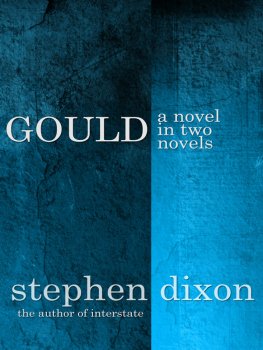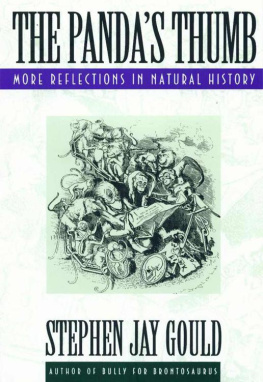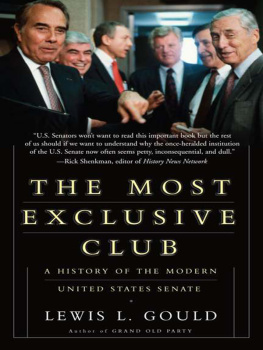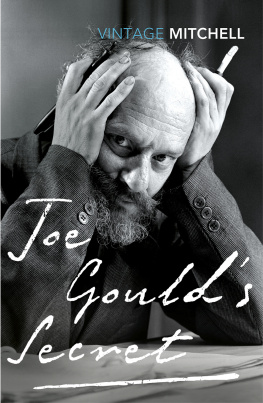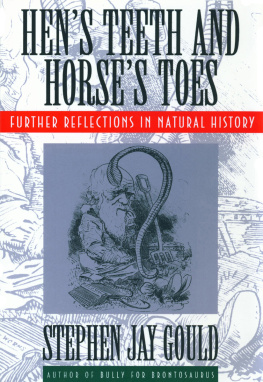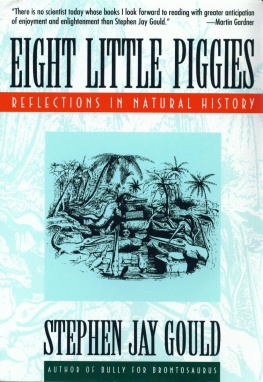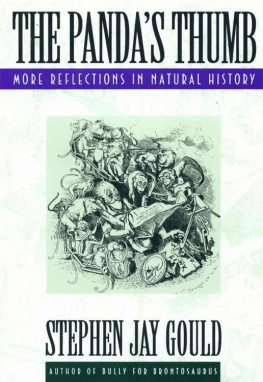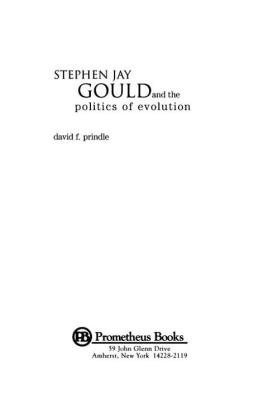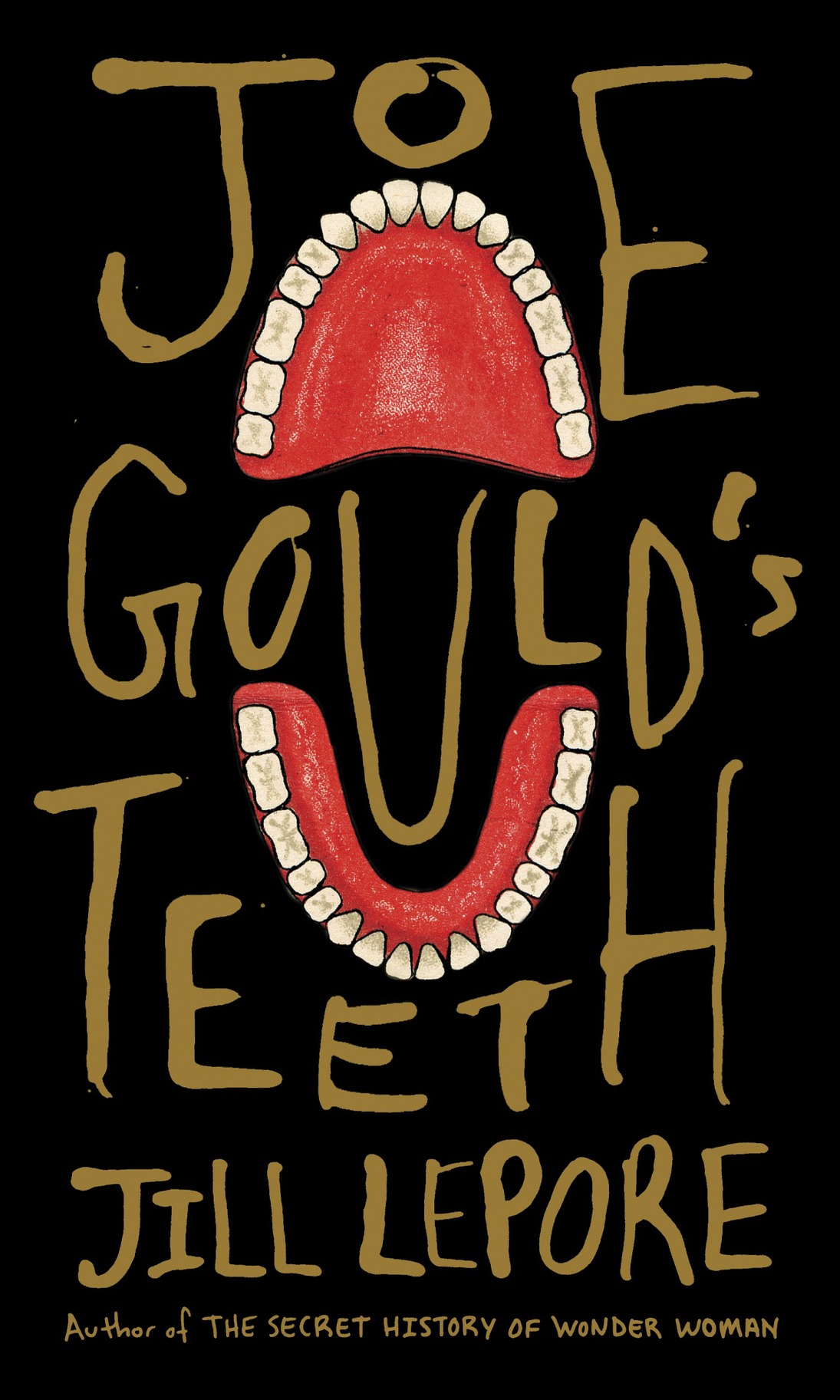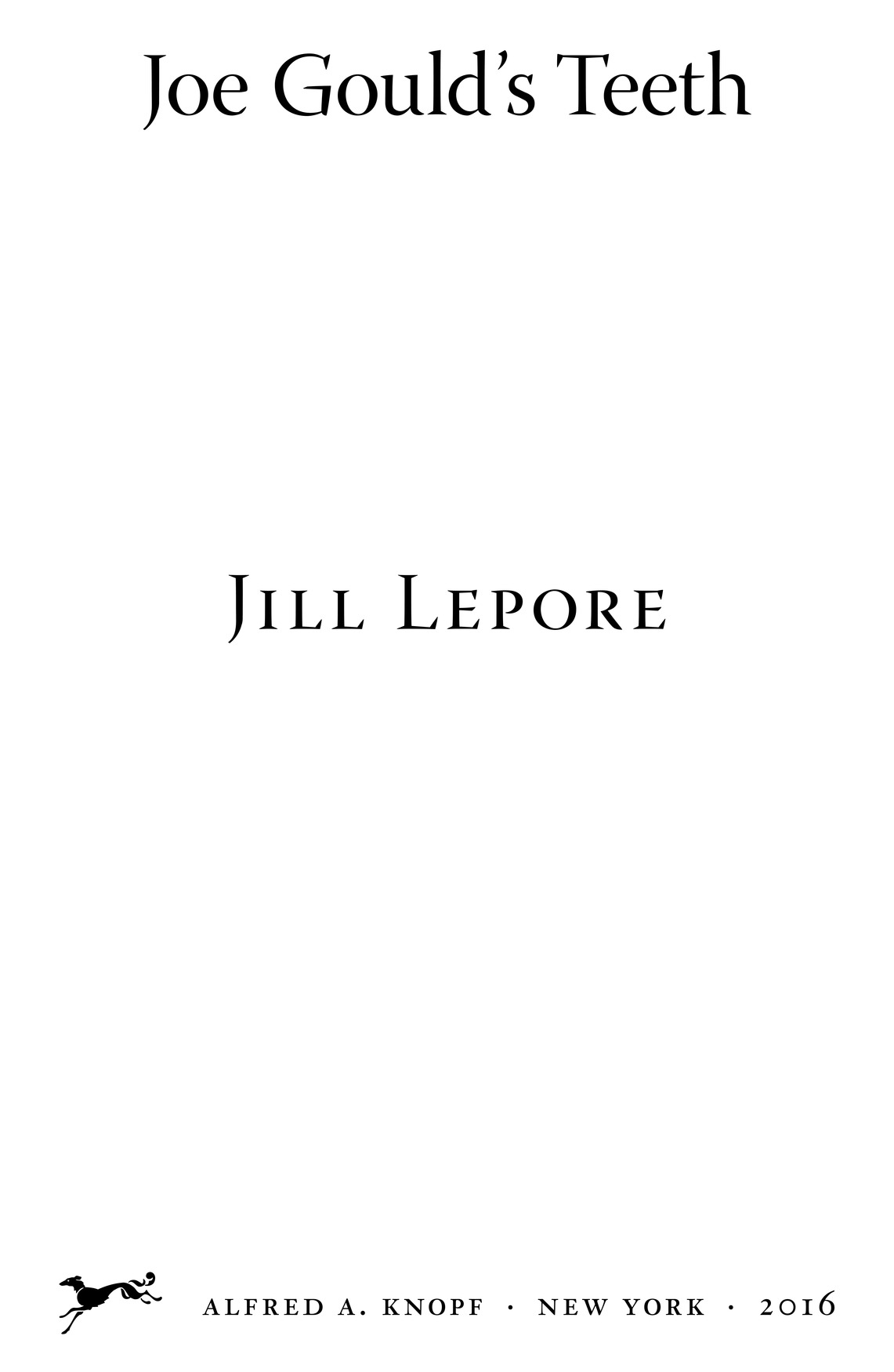ALSO BY JILL LEPORE
The Secret History of Wonder Woman
Book of Ages
The Mansion of Happiness
The Story of America
The Whites of Their Eyes
New York Burning
A Is for American
The Name of War
THIS IS A BORZOI BOOK PUBLISHED BY ALFRED A. KNOPF
Copyright 2015, 2016 by Jill Lepore
All rights reserved. Published in the United States by Alfred A. Knopf, a division of Penguin Random House LLC, New York, and distributed in Canada by Random House of Canada, a division of Penguin Random House Canada Limited, Toronto.
www.aaknopf.com
Knopf, Borzoi Books, and the colophon are registered trademarks of Penguin Random House LLC.
A version of this story appeared in The New Yorker in 2015.
Library of Congress Cataloging-in-Publication Data
Names: Lepore, Jill, [date] author.
Title: Joe Goulds teeth / by Jill Lepore.
Description: First edition. | New York : Alfred A. Knopf, 2016. | This is a Borzoi Book.
Identifiers: LCCN 2015035728 | ISBN 9781101947586 (hardcover : alk. paper) | ISBN 9781101947593 (ebook)
Subjects: LCSH : Gould, Joe, 18891957. | Oral history. |Savage, Augusta, 18921962 . | BiographyMethodology. | New York (N.Y.)Biography.
Classification: LCC CT 9991. G 6 L 47 2016 | DDC 974.7/1092dc23 LC record available at http://lccn.loc.gov/2015035728
eBook ISBN9781101947593
Cover: The National Archives, London, England/Mary Evans
Cover design by Kelly Blair
v4.1_r1
ep
Contents
To AA,
with love
The history of a nation is not in parliaments and battle-fields,
but in what people say to each other
on fair-days and high days,
and in how they farm, and quarrel,
and go on pilgrimage.
W. B. YEATS
What am I always listening for in Harlem?
ELIZABETH ALEXANDER
little joe gould has lost his teeth and doesnt know where
to find them
E. E. CUMMINGS
F or a long time, Joe Gould thought he was going blind.
I have created a vital new literary form, he announced.
Hed sit and hed write and then hed wrap his black-and-white notebooks in brown paper, tie them with twine, tuck them under one arm, and tramp through the streets of New York, from Greenwich Village to Harlem. When he stopped, hed untie his bundle, open a notebook, take out a pen, and begin again. He wore sneakers, a coat that didnt fit, owls-eye glasses, and somebody elses teeth. He was writing the longest book ever written. He smoked and he drank and he listened. He said he was writing down nearly everything anyone ever said to him, especially in Harlem. He wrote until his eyes grew tired. Hed take his glasses off and forget where hed set them down. How he lost his teeth is another story.
He began before the start of the First World War and didnt stop until after the end of the Second. He never finished. He called what he was writing The Oral History of Our Time. (The title, with its ocular Os, looks very like a pair of spectacles.) In 1928, he told the poet Marianne Moore, who was editing a chapter of it for The Dial, that hed come up with a better title.
Joseph Ferdinand Gould is how he signed his name when he was feeling particularly grand, and when he was feeling even grander, he introduced himself as the most important historian of the twentieth century. I believe you would be interested in my work, he wrote to George Sarton, the Harvard historian, in 1931. I have been writing a history of my own time from oral sources. I use only material from my own experience and observation and from the direct personal narratives of others. In short, I am trying to record these complex times with the technique of a Herodotus or Froissart. Herodotus wrote his Histories in ancient Greece; Jean Froissart wrote his Chronicles in medieval Europe. Gould was writing his history, a talking history, in modern America.
My book is very voluminous, he explained to Sarton:
Apart from literary merit it will have future value as a storehouse of information. I imagine that the most valuable sections will be those which deal with groups that are inarticulate such as the Negro, the reservation Indian and the immigrant. It seems to me that the average person is just as much history as the ruler or celebrity as he illustrates the social forces of heredity and environment. Therefore I am trying to present lyrical episodes of everyday life. I would like to widen the sphere of history as Walt Whitman did that of poetry.
For a time, he was rather remarkably well known. Chapters of his work appeared in avant-garde magazines nose to nose with essays by Virginia Woolf and drawings by Pablo Picasso. He went to parties with Langston Hughes. He dined with E. E. Cummings. He drank with John Dos Passos. He was sketched by Joseph Stella, photographed by Aaron Siskind, and painted by Alice Neel. Gould was a modernist, a lover of the vernacular, and a fetishist of form. He was ragged and, then again, he was fussy. The Oral History of Our Time was plainspoken, arresting, experimental, and disordered. Most notably, it was unremitting. So was he. Neel, when she painted him, gave him three penises.
Writers loved to write about him, the writer who could not stop writing. The history is the work of some fifteen years of writing in subway trains, on El platforms, in Bowery flop houses, the poet Horace Gregory wrote in The New Republic. On Staten Island ferry boats, in smoking cars. In cheap and dingily exotic Greenwich Village restaurants, in public urinals. And in Harlem, in crowded apartments, in smoky artists studios, in public libraries.
I am trying to be the Boswell and Pepys of a whole epoch, Gould liked to say. It was rumored (though Gould himself disputed this) that he once smashed a radio to bits.
Naturally, writing down everything he heard took up nearly all his time. Sometimes, he made a living writing book reviews. At the height of the Depression he worked for the Federal Writers Project; then he was fired.
And what about the great work? In 1939, Dwight Macdonald, an editor of the Partisan Review, addressed the question of storage: He has in 25 years managed to fill incalculable notebooks which in turn fill incalculable boxes. His friends wished to have that stack published. I want to read Joe Goulds Oral History, the short-story writer William Saroyan declared:
Harcourt, Brace; Random House; Scribners; Viking; Houghton, Mifflin; Macmillan; Doubleday, Doran; Farrar and Rinehart; all of youfor the love of Mike, are you publishers, or not? If you are, print Joe Goulds Oral History. Long, dirty, edited, unedited,


